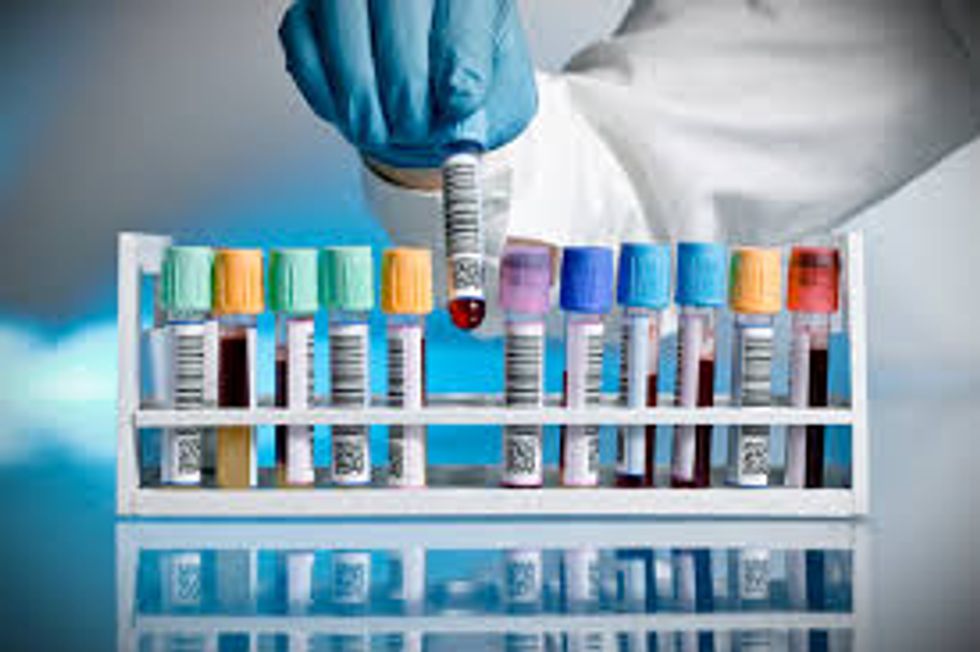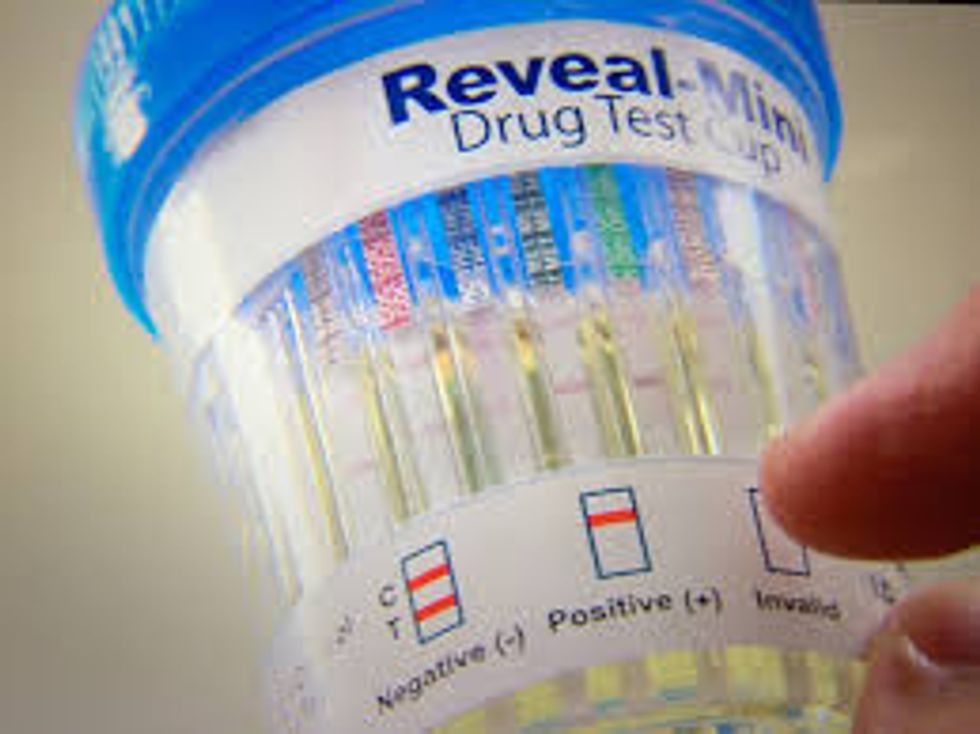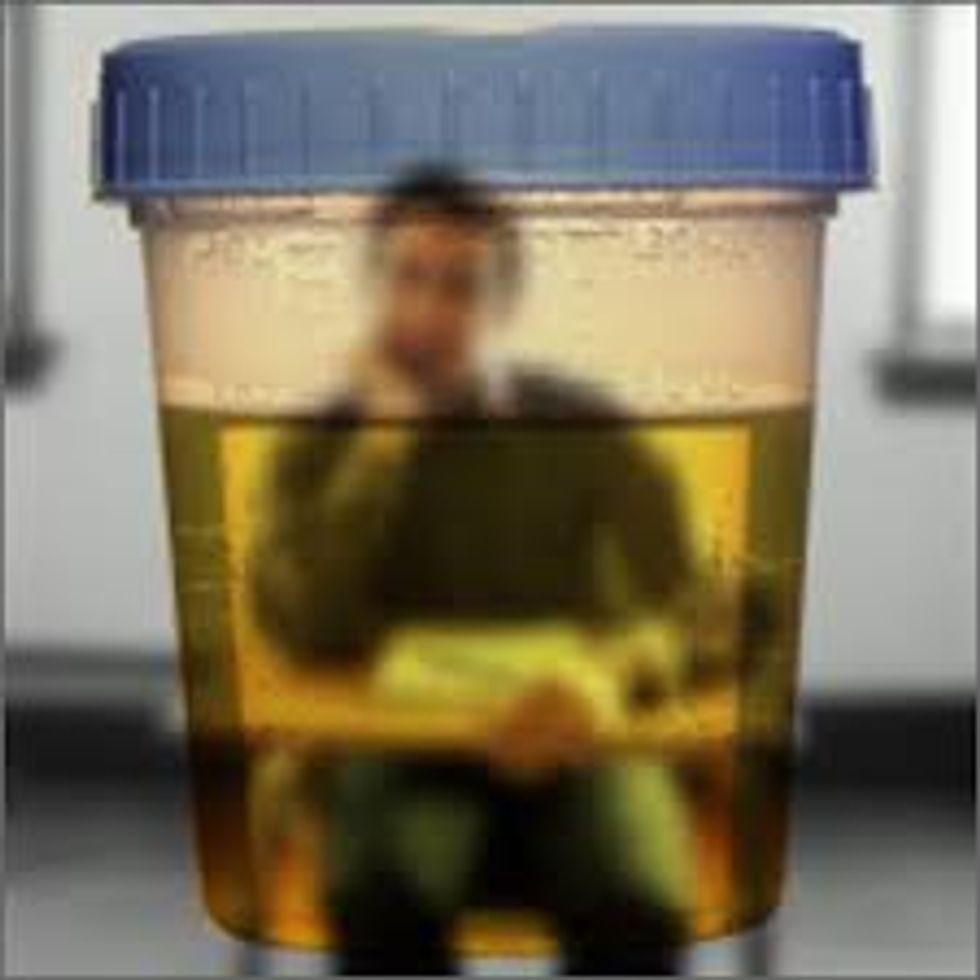Since it is almost the start of summer, a lot of people have been applying for jobs. Yet there’s one thing that is kind of…perplexing. When you apply for a job, you may also be subjected to being drug tested. Drug testing for jobs is done for various reasons, most notably including promoting safety at work, deterring employees from abusing drugs and prevent hiring those who are using drugs, but do drug tests really help?
According to SAMHSA’s guidelines, testing is conducted to check for five illicit drugs, and in some cases alcohol. Those five drugs are amphetamines, THC, cocaine, opiates and phencyclidine, which means that you’re being tested from heroin to crack cocaine to cannabis. The estimated times for how long these drugs can last in your system varies greatly. With amphetamines it can last around 48 hours, cocaine about two to 10 days, phencyclidine about a week, and marijuana lasting up to several weeks. Because these drug estimated variances can be so different from each other, how can they accurately report on who’s doing what in their spare time?
Drug tests are done because the idea is that people who are sober are going to be far more productive and happier in the workforce, than if they consuming or using drugs. However, how does that account for recreational use and those who may consume alcohol instead? As a lot of us know, alcoholism can be a debilitating disease that has a lot of hardships and requires both external and internal support, but how are employers looking out for potential employees by not examining their alcohol consumption history? I understand it’s not entirely possible for tests to accurately figure out how much alcohol is in someone’s blood stream unless they themselves were drinking before going in and getting tested, but never in my history of job hunting have I ever had a potential employer ask how much intake of alcohol I consumed. I have been asked if I do recreational drugs, but never how much I drink.
What I have difficulty figuring out is how someone who is doing amphetamines, essentially meth, speed, crack, ecstasy, will be able to pass a drug test and continue with the job offer, versus someone who smoked a little bit of cannabis a couple days ago. I understand that people want others working to not be high, but those who go to work while they are high have a problem themselves, and that is an entirely different issue. I have problems with this system because it doesn’t accurately reflect what people are doing in their spare time. Someone who occasionally does ecstasy on the weekends with their buddies versus the occasional weed smoker lead very different lives. Not to mention, what happens to the secret alcoholic who drinks a full bottle of wine or drinks an entire case of beer every night?
I guess my main point is that if drug tests are supposed to be so effective and the main indication of what kind of safety the potential employee practices, then why are there so many loopholes for those who drink, but then also “traps” for those who may occasionally do drugs. This is in no way, shape or form, me advocating for people to do these recreational activities, but I just wonder how exactly these tests are supposedly helping our workforce. If the main use for drug tests is because employers want to monitor what their potential employees are doing in their spare time, then how come they don’t ask about the other parts that may be affecting someone’s life and their ability to work? These are obviously lots of questions without answers. I understand there are people out there who are very passionate about keeping the working community sober and substance-free, but if we are expecting drug tests to accurately do this, despite all the fallacies, then how can this be a tried and true method?





















